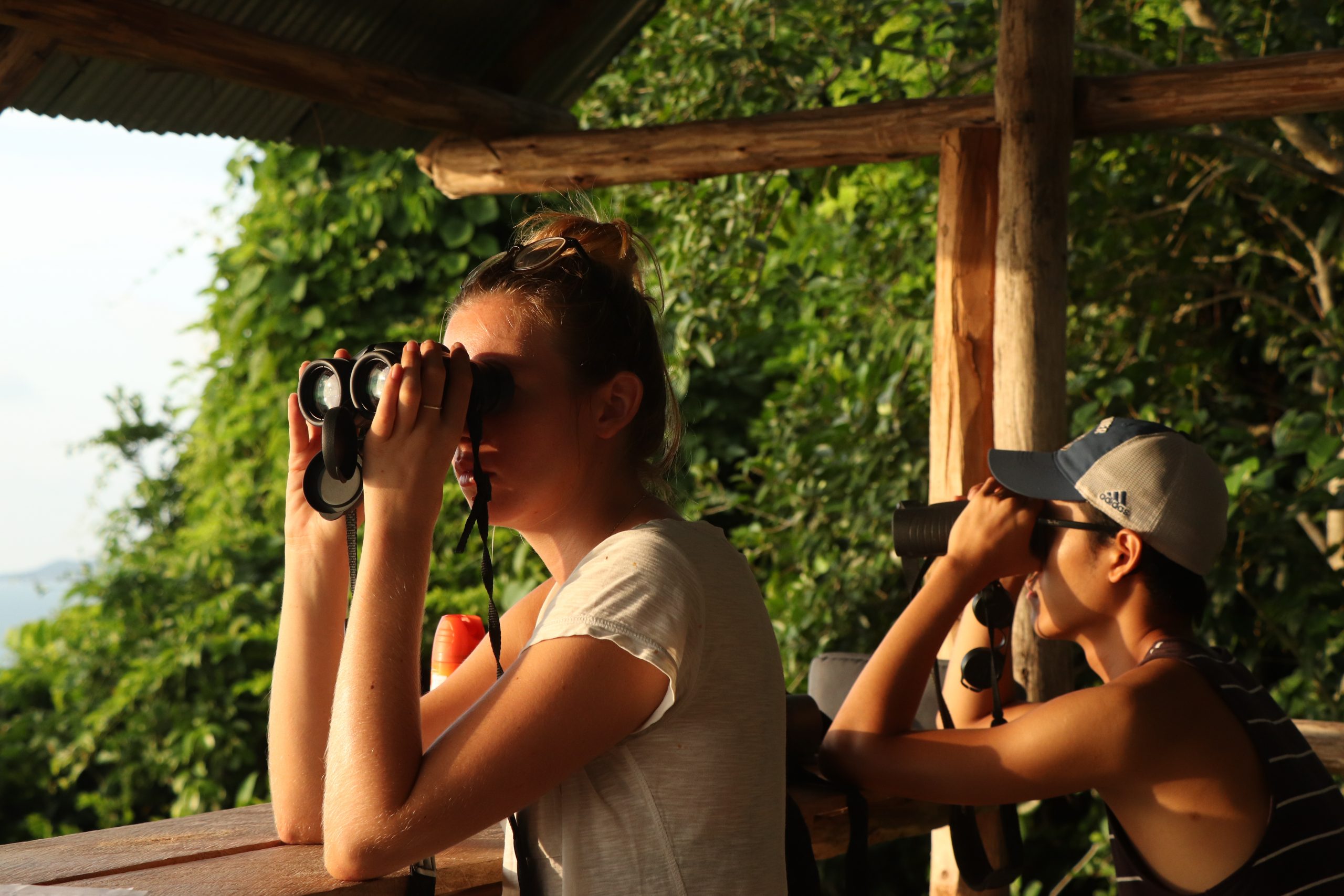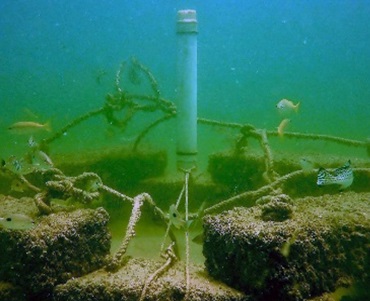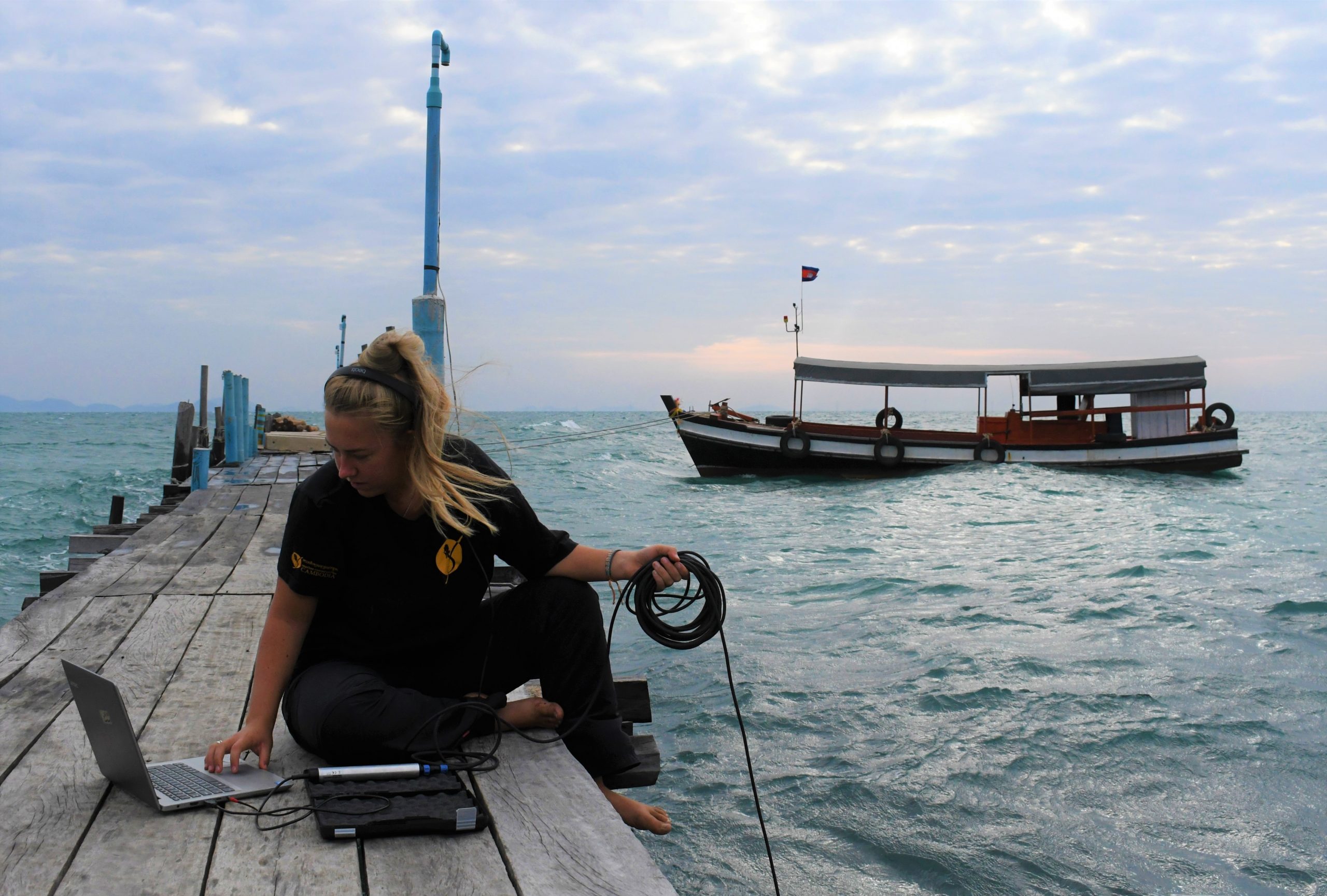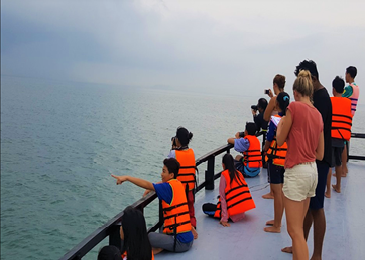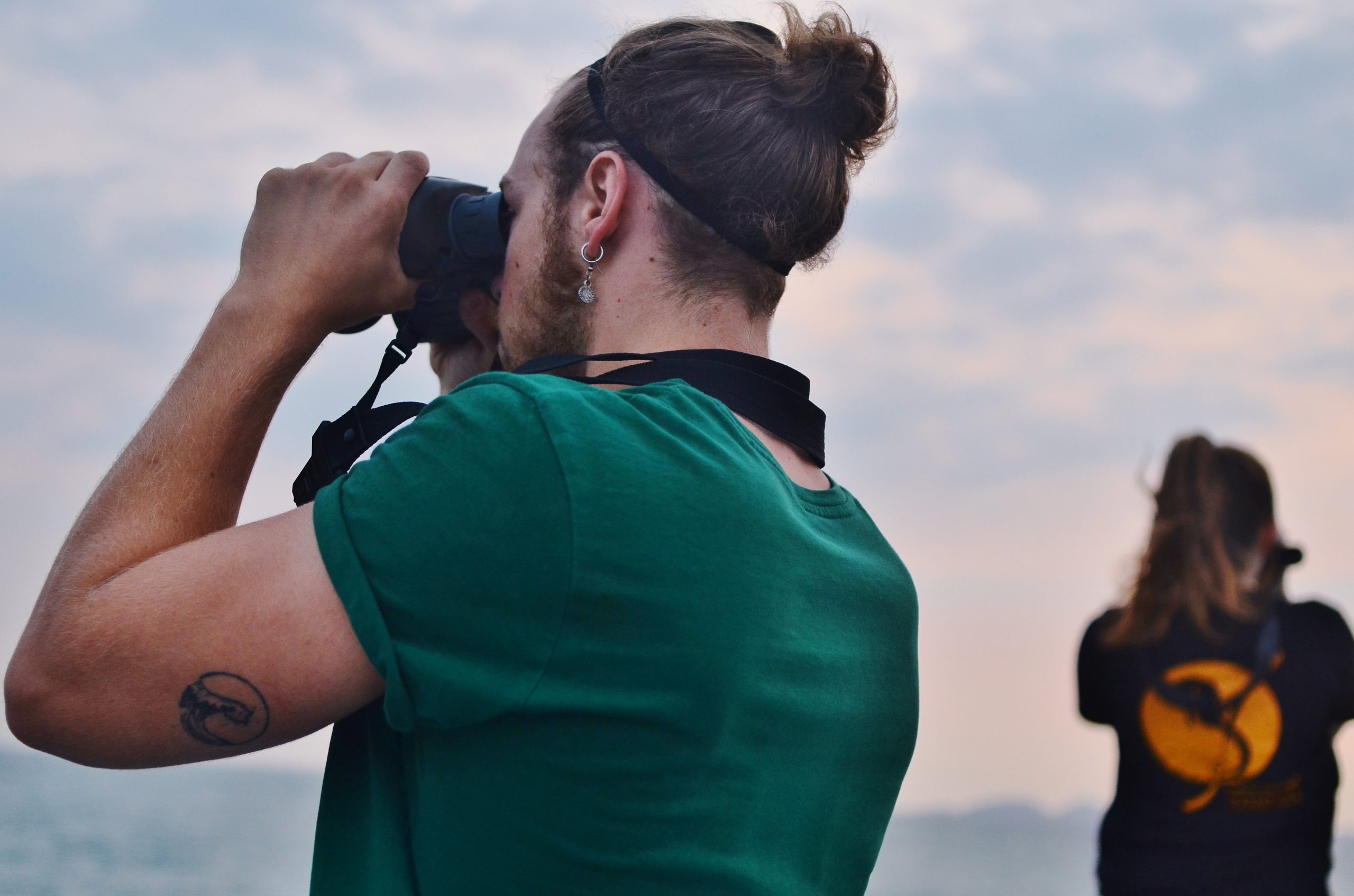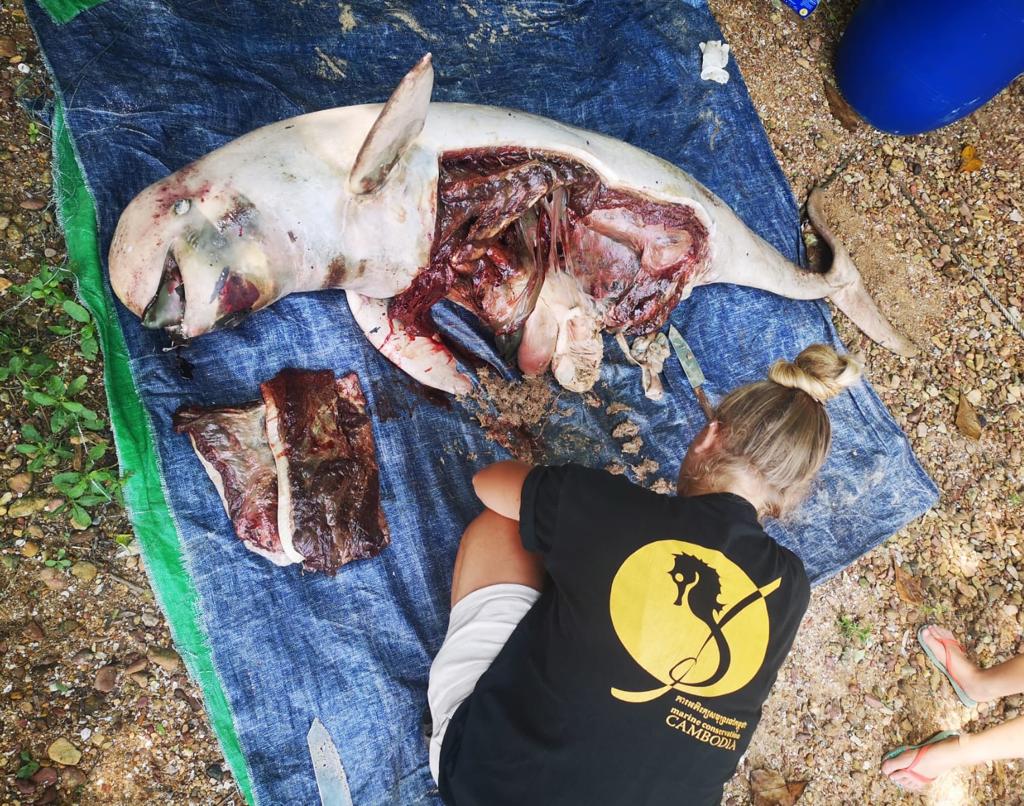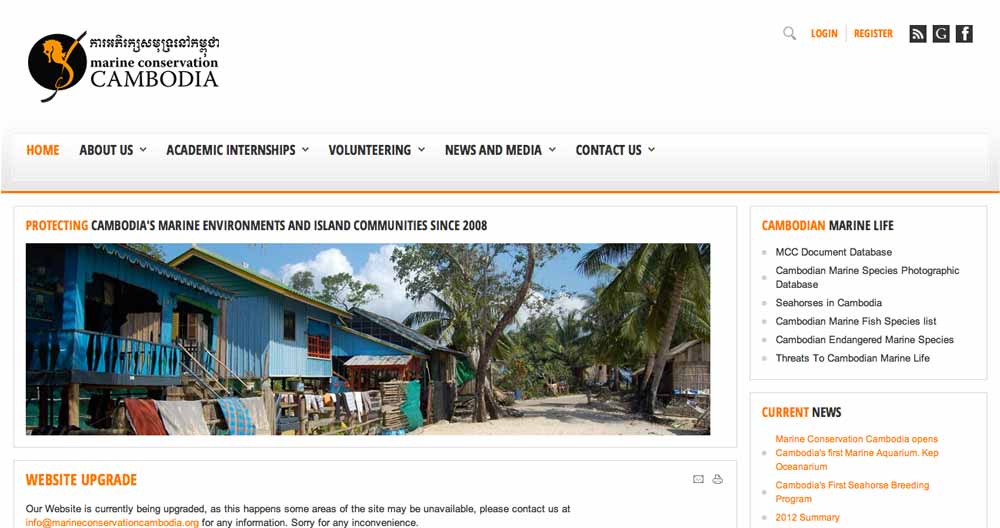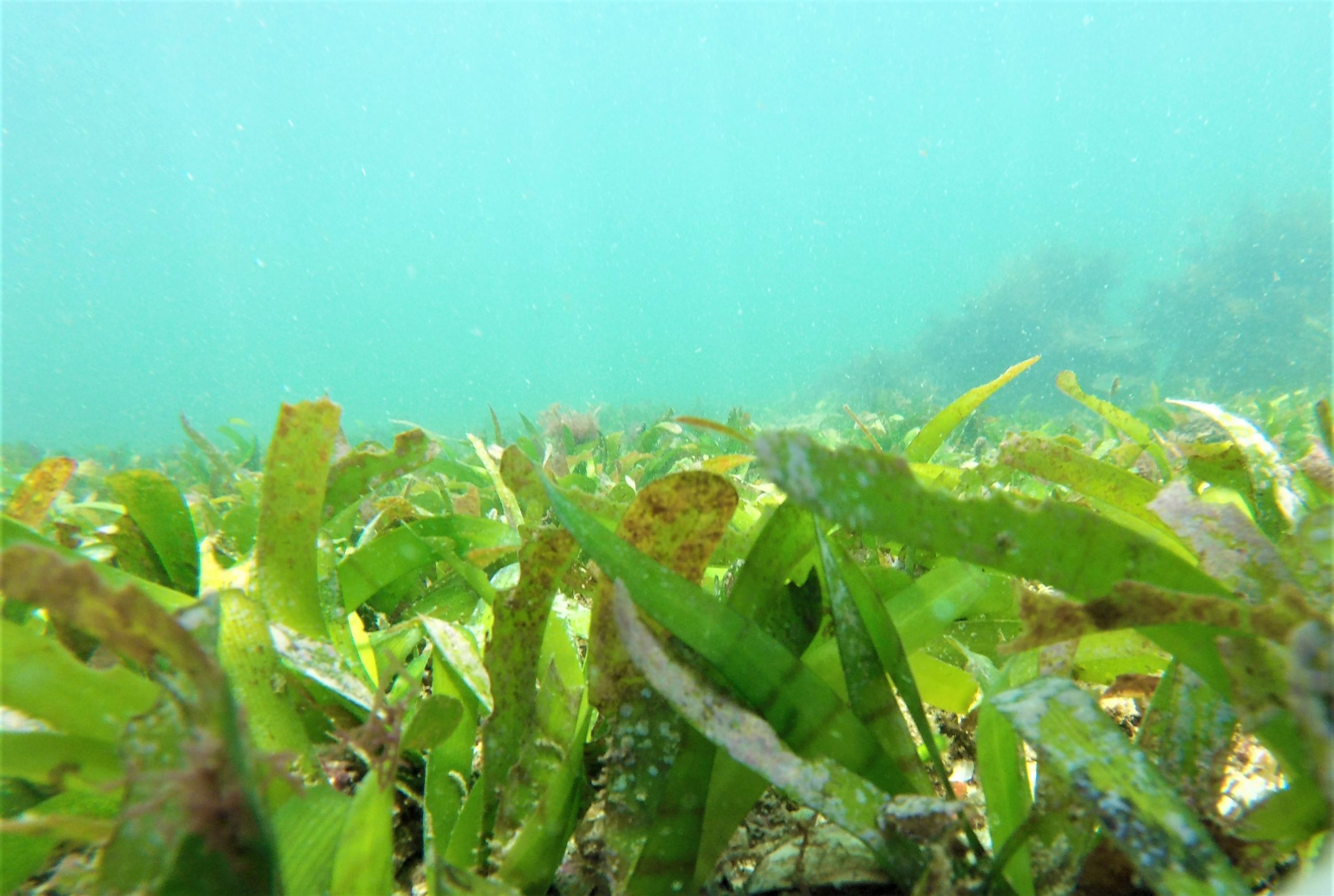
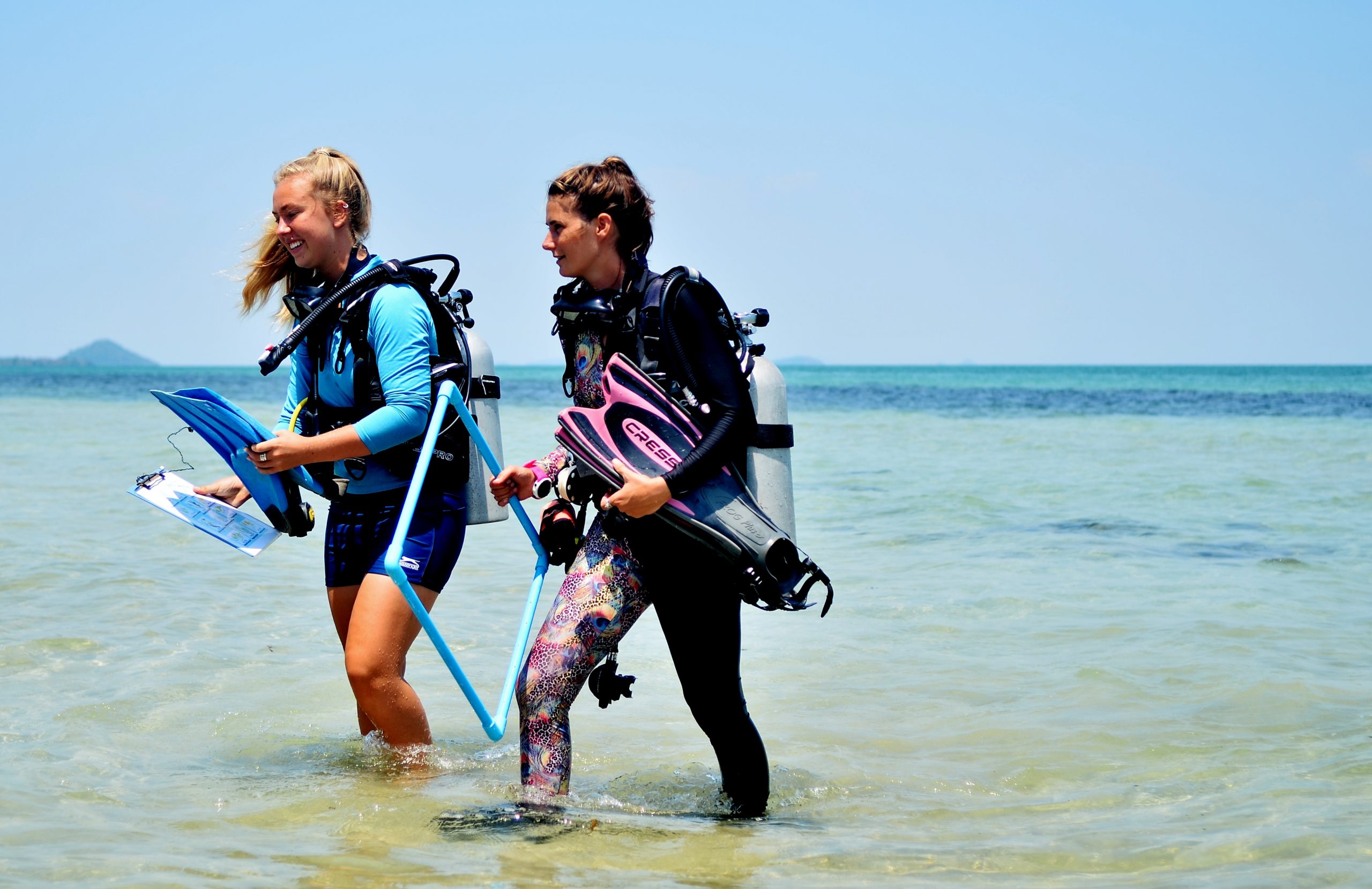
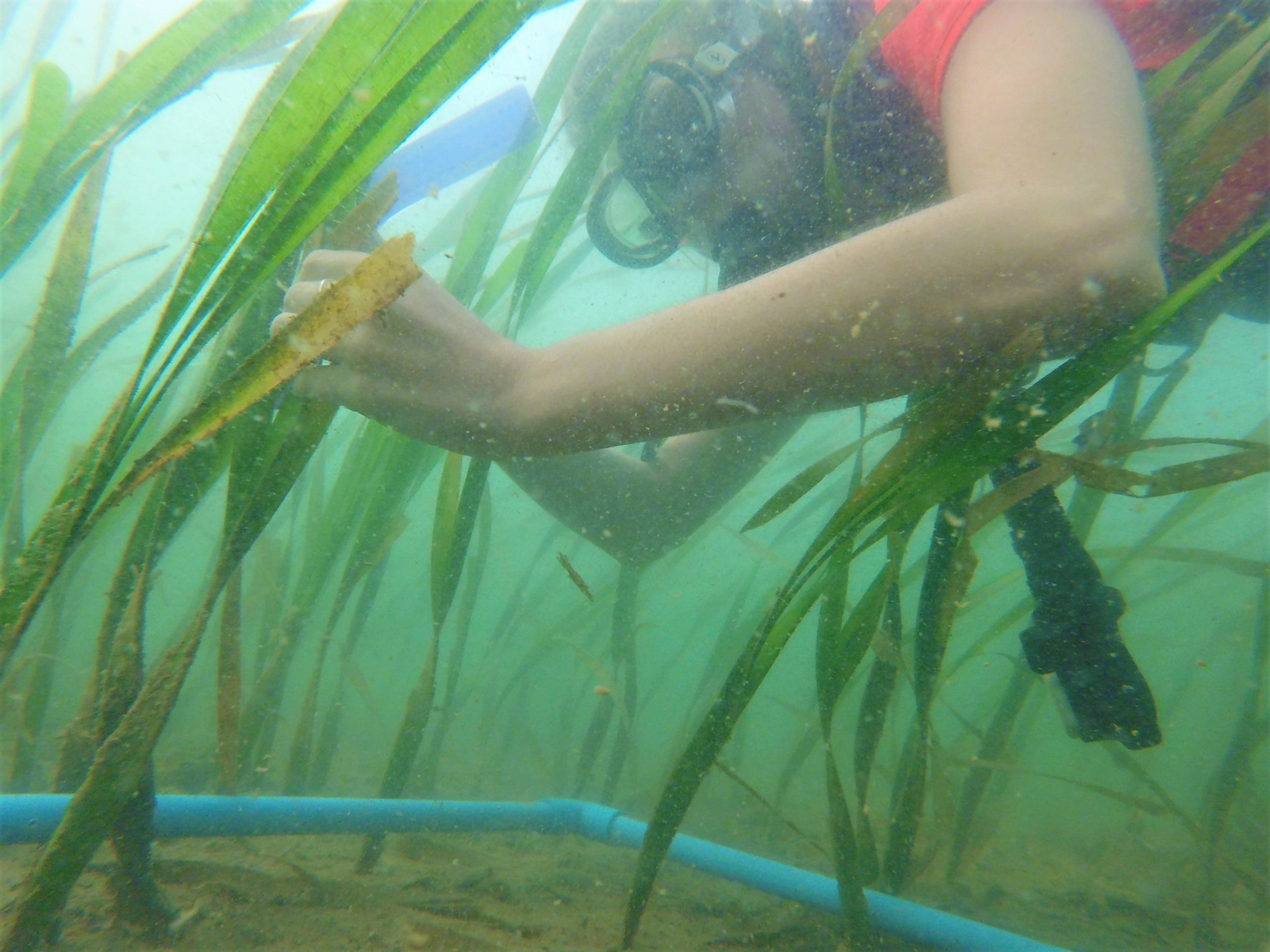
The Seagrass Conservation Project at MCC is working to conserve the existing seagrass meadows in Cambodia’s coastal waters, and provide protection for them to extend and expand, thereby supporting local fishers and coastal communities which rely on seagrass resources.
What is seagrass and why is it important in Cambodia?
As one of the most productive ecosystems in the world, seagrass meadows support an array of social processes and ecological systems (Costanza et al., 1997; Cullen-Unsworth et al., 2014). Distributed across the world, these specialised marine plants have adapted to nearshore environments of most of the world’s continents (Short et al., 2001). Seagrasses are flowering plants (angiosperms) which predominantly inhabit shallow salty, marine waters, and some species are tolerant to fresh-water, estuarine, marine, or hypersaline conditions. Seagrass is not seaweed. Composed of green leaves, shoots and roots, like other terrestrial flowering plants, the complex structure of seagrasses enables them to play key ecological roles in marine seascapes.
In Cambodia, the largest extent of seagrass is found in Kampot Province, Kep province and the Kep archipelago, and is thought to once be part of the largest seagrass meadow in South East Asia (Supkong and Bourne, 2014; Vibol et al., 2010; UNEP, 2008). Seagrass plants grow in dense meadows which provide vital connective habitat between mangroves and coral reefs, allowing fish populations and migratory species to move between marine ecosystems. The structural complexity that seagrasses give to the seafloor provides shelter and nursery grounds for invertebrates and fish species, including commercially valuable species. Seagrass leaves are a primary food source for grazing species such as dugongs and green turtles. In addition, seagrass leaves photosynthesize which oxygenates the water, increasing nutrient cycling and carbon capture. The robust rhizomes of many seagrass species are able to lock carbon within the plant and surrounding sediment, helping to mitigate climate change by removing carbon dioxide from the atmosphere. Moreover, seagrass leaves attenuate wave action and rhizomes help trap sediment and particles in the water column, which reduces water turbidity and coastal erosion.
Seagrass meadows provide a wide range of ecosystem services at local and international scales, from food provisioning to mitigating against climate change. Kep’s coastal communities rely on seagrass meadows for food security, household income and livelihood options, in the form of tourism and marine fisheries. Small-scale fishers harvest fish and invertebrates which inhabit the subtidal seagrass meadows. Livelihoods in tourism, such as restaurants, hotels, Kep Crab market and in water-activities depend on seagrass ecosystems and resources to encourage tourists to visit coastal zones.

If they’re so great, what’s the problem?
It has been estimated that seagrass meadows are declining globally at a rate of 7% each year (Waycott et al., 2009). Despite the importance of seagrass meadows and the ecosystem services which they provide is becoming increasingly acknowledged, seagrasses receive little attention, and are largely overlooked in marine management strategies (Unsworth et al., 2018).
In Cambodia, seagrass management is currently ineffectual and meadows are threatened by a variety of anthropogenic pressures, including coastal industrial development, and reclamation, dredging, nutrient enrichment from agricultural run off and destructive fishing practices (Leng et al., 2014; Grech et al., 2012. In the Kep archipelago, bottom-trawling activities pose the greatest threat to seagrass meadows. As a result of direct damage from removal of seagrass biomass, and indirect damage, such as increased sedimentation and water turbidity, causing reduced photosynthetic potential of the plants, Cambodia’s seagrass meadows are reducing in extent and becoming increasingly fragmented. Declines in seagrass meadow extent and diversity leaves not only reduces the resilience of seagrasses themselves but the resilience of small-scale fishers and coastal communities which depend upon them. The seagrass conservation project at MCC is working to implement seagrass specific management strategies and conservation actions to preserve this critical habitat.

Our research methods
-Underwater-surveys to map and monitor seagrass meadow extent, species distribution and abundance.
-Carbon sequestration surveys
-Under-water video surveys and analysis
-Social surveys
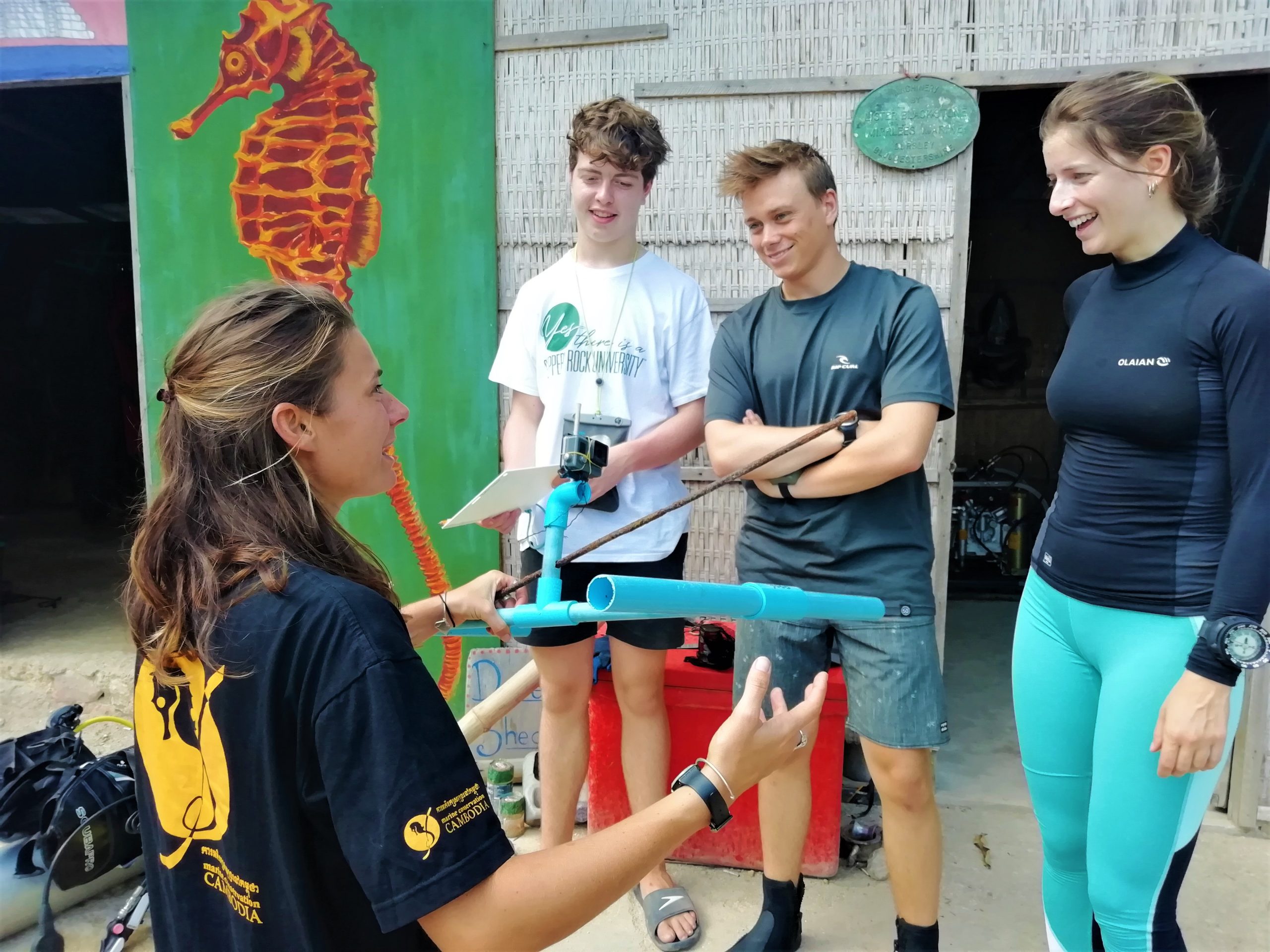
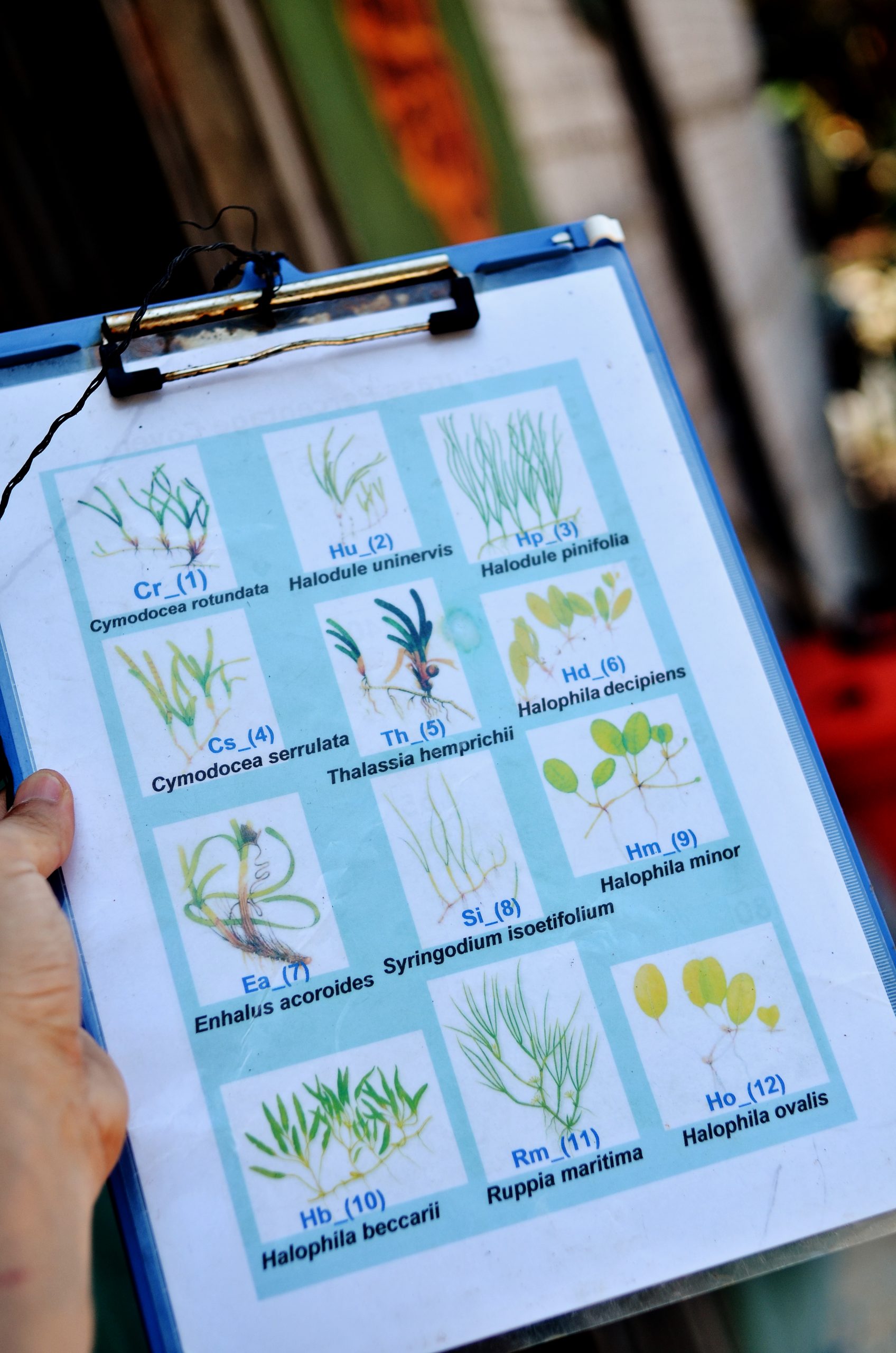

How can you help?
Become an intern with the seagrass team! Learn underwater survey techniques, seagrass identification skills, data entry and mapping skills. Join us to contribute to conservation and resource provisioning at an ecosystem scale, or get in touch with the finer details of plant ecology.
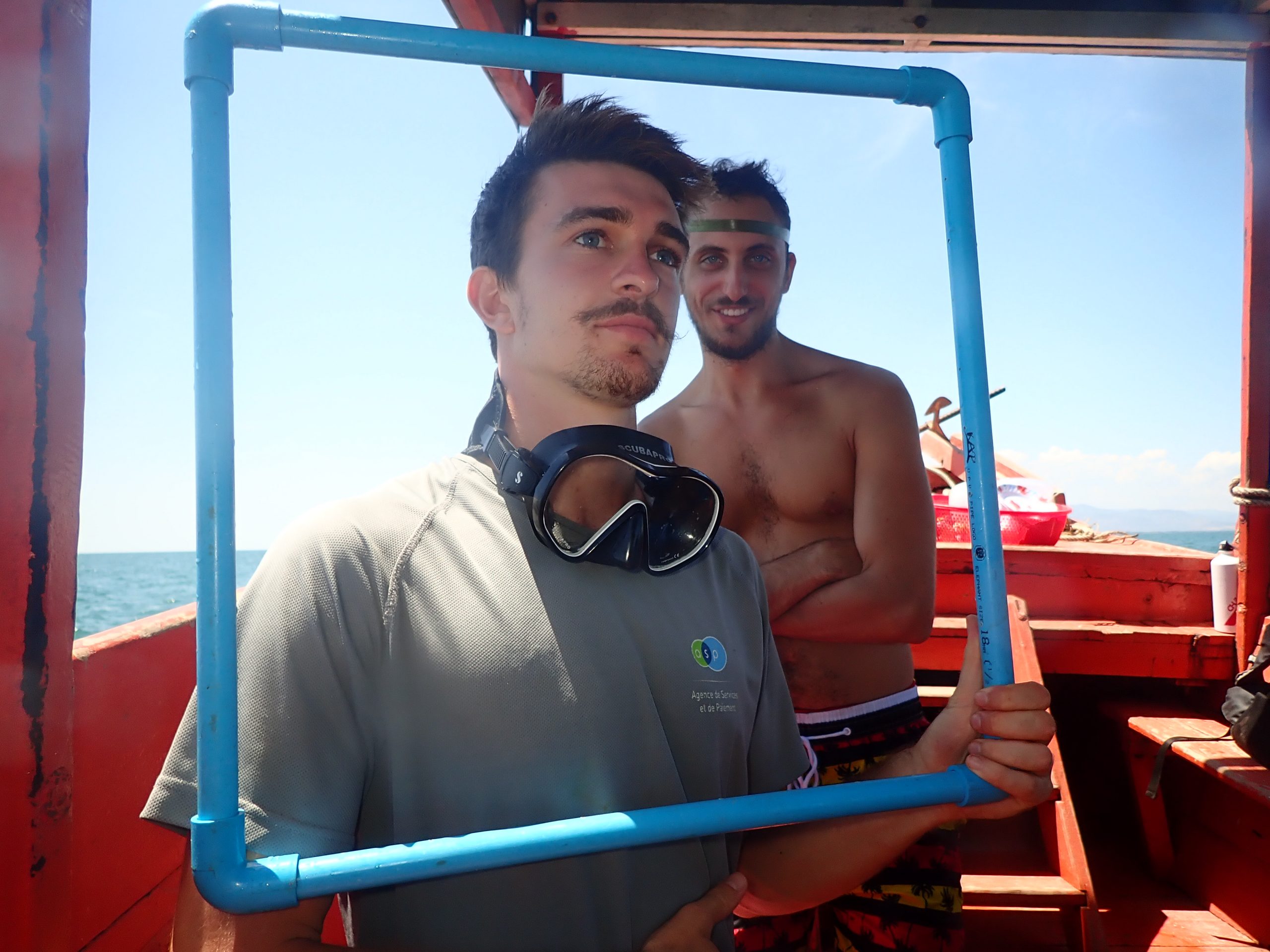
Cited Literature
Costanza, R., d’Arge, R., De Groot, R., Farber, S., Grasso, M., Hannon, B., Limburg, K., Naeem, S., O’neill, R.V., Paruelo, J. and Raskin, R. G. (1997). The value of the world’s ecosystem services and natural capital. nature, 387(6630), 253-260.
Cullen-Unsworth, L.C., Nordlund, L.M., Paddock, J., Baker, S., McKenzie, L.J. and Unsworth, R.K.F.(2014). Seagrass meadows globally as a coupled social–ecological system: Implications for human wellbeing. Marine Pollution Bulletin, 83(2), 387-397.
Grech, A., K. Chartrand-Miller, P. Erftemeijer, M., Fonseca, L. McKenzie, M., Rasheed, H. and Coles, R. (2012) A comparison of threats, vulnerabilities and management approaches in global seagrass bioregions. Environmental Research Letters. 7: e024006
Leng, P., Benbow, S. L. P. and Mulligan, B. (2014) Seagrass diversity and distribution in the Koh Rong Archipelago, Cambodia. Cambodian Journal of Natural History. 2014(1), pp.37–46.
Short, F. T., Coles, R. G. and Pergent-Martini, C. (2001). Global seagrass distribution. Global seagrass research methods, 5, 30.
Supkong, P. and Bourne, L. (2014). A survey of seagrass beds in Kampot, Cambodia. Thailand: IUCN. 91pp.

